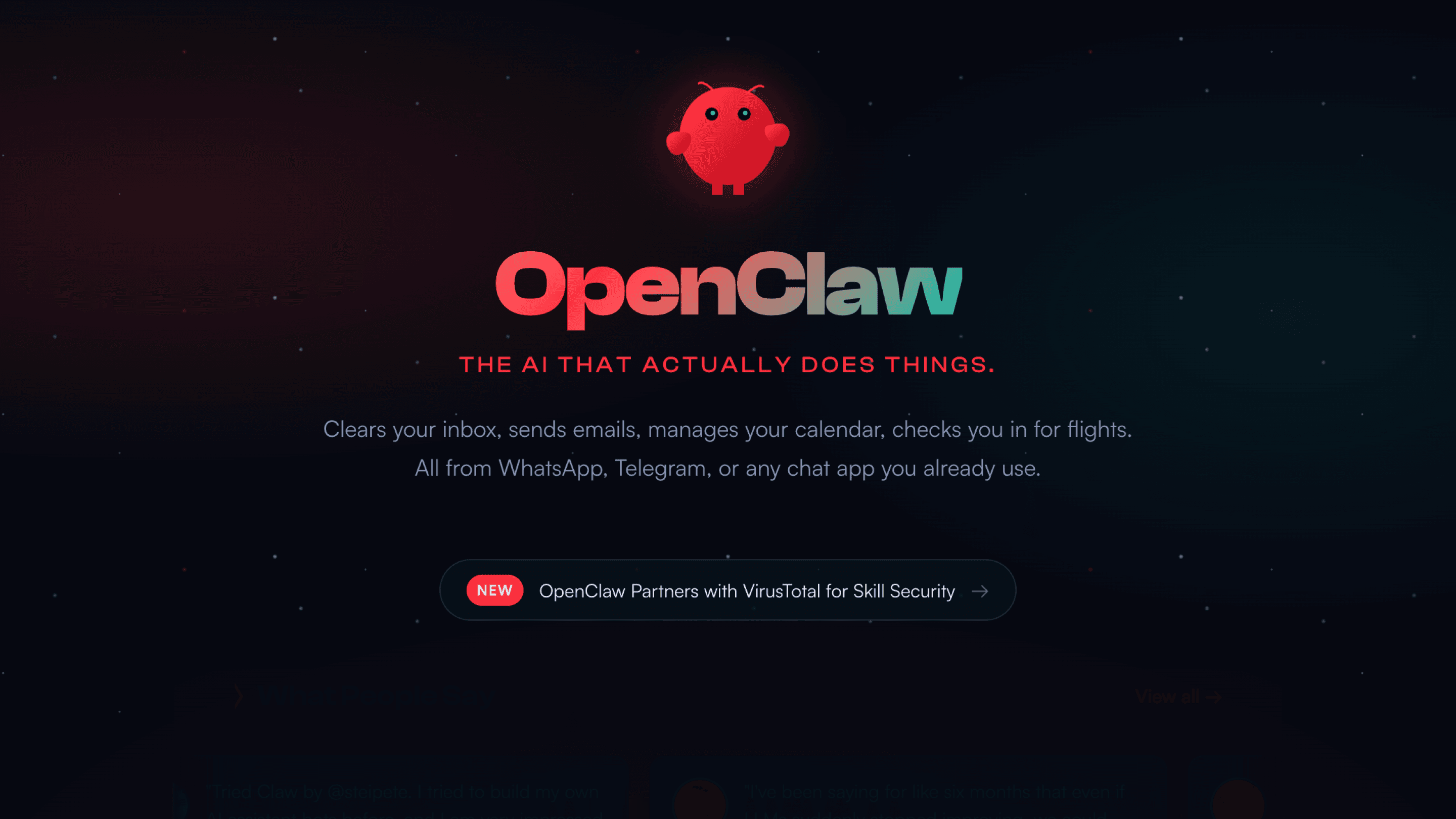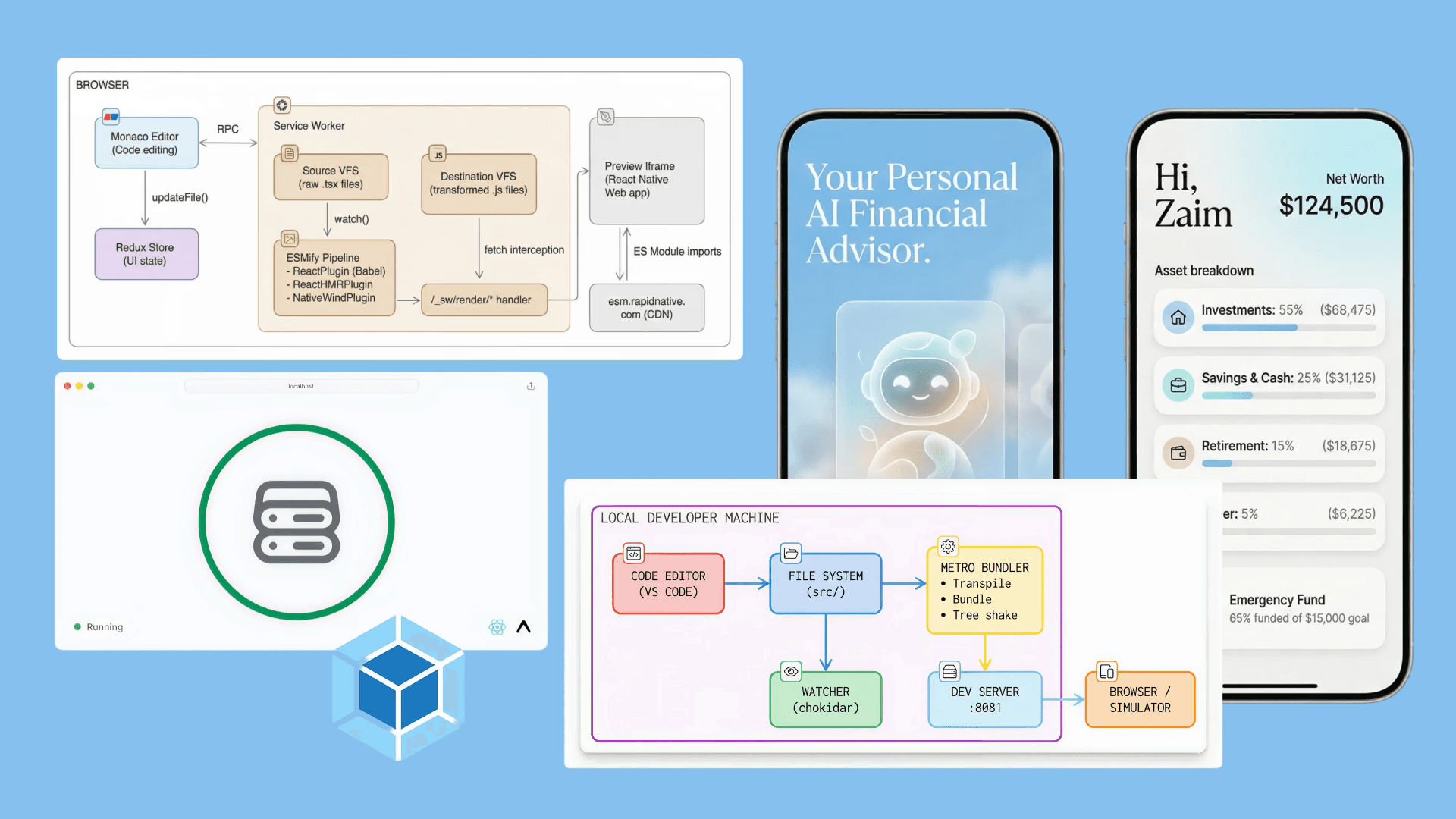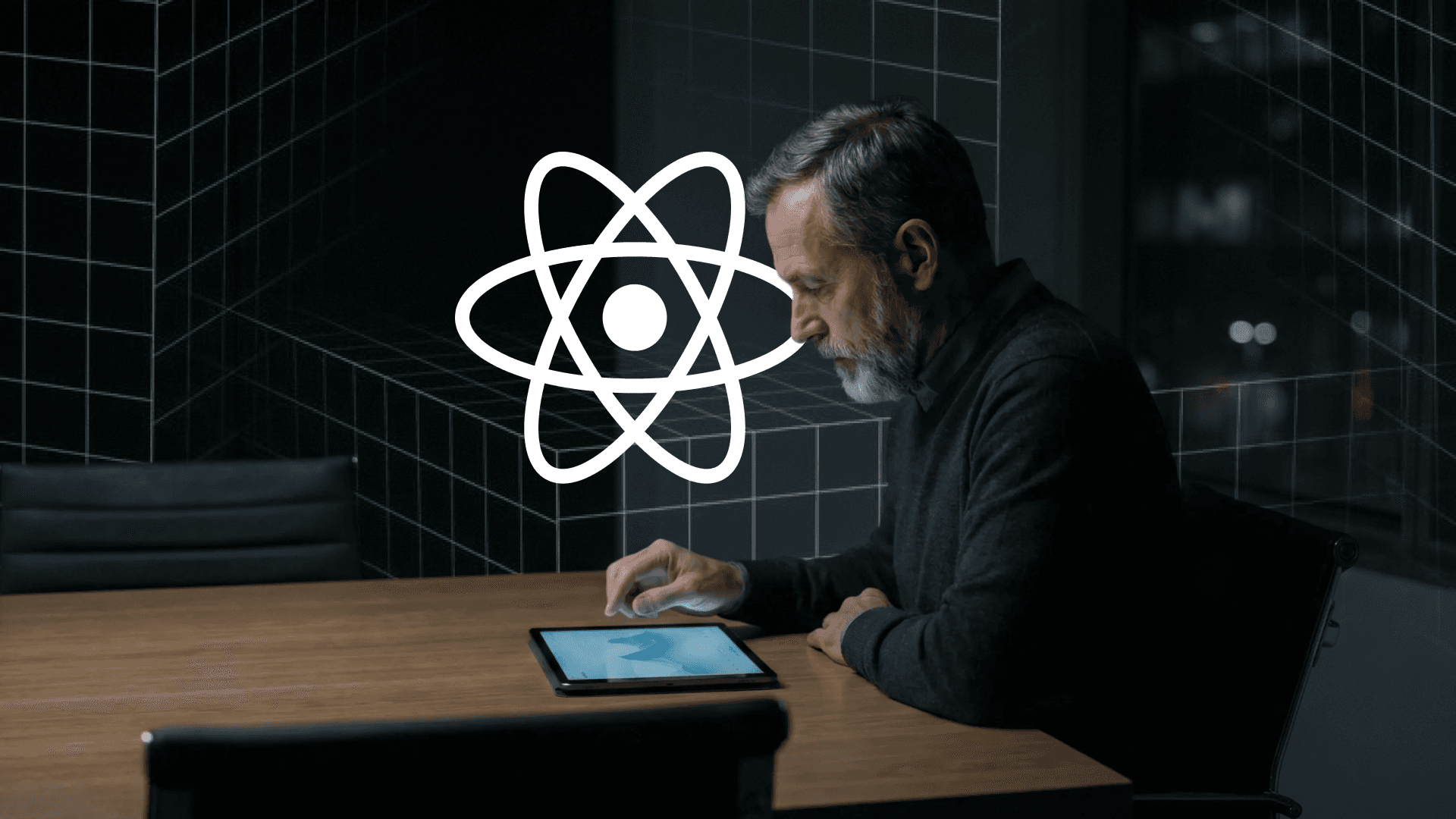Table of Contents
How To Build a Smart Healthcare AI Chatbot with Open AI GPT- With Live Demo
Author

Subject Matter Expert

Date

Book a call
Introduction
The Growing Demand for Accessible Healthcare Information
A Grand View Research review found out that the global healthcare chatbots market size was estimated at USD 787.1 million in 2022 and is expected to expand at a compound annual growth rate (CAGR) of 23.9% from 2023 to 2030. Recent surveys have also revealed that 80% of healthcare providers plan to increase their investments in digital health solutions, including AI chatbots.
In today's fast-paced world, there is a growing demand for accessible healthcare information and support. Patients increasingly seek immediate, reliable answers to their health-related questions without waiting for a doctor’s appointment. This demand is driven by the need for convenience, quick access to information, and the increasing availability of digital health resources.
The Potential of AI Assistants
AI assistants have the potential to revolutionize patient engagement by providing instant, 24/7 support. These assistants can help bridge the gap between patients and healthcare providers, offering a more efficient way to manage health concerns. They can answer questions, provide reminders, and offer guidance on managing chronic conditions, thus enhancing patient experience and adherence to treatment plans.
Key Takeaways
In this article, we provide a comprehensive guide on building a smart healthcare AI chatbot using OpenAI GPT. We cover the envisioned role of healthcare AI assistants, types of AI chatbots used in healthcare, and a detailed explanation of OpenAI GPT. The article outlines the steps for creating the chatbot, including text and voice prompts, features a live demo, and includes a code breakdown for a medication reminder chatbot. It also addresses integration and deployment strategies.
The Envisioned Healthcare AI Assistant
Core Functionalities
When building an AI assistant or chatbot for the healthcare Industry, the following core functionalities should be prioritized:
- Basic Symptom Checker: Assist users in identifying potential health issues based on their symptoms.
- Appointment Scheduling: Help users schedule appointments with healthcare providers, integrating with existing booking systems.
- Medication Reminders: Remind patients to take their medications on time, ensuring adherence to prescribed treatment plans.
- Personalized Healthcare Resources: Provide users with personalized health tips and resources based on their needs, medical history, and preferences.
- Emergency Response Guidance: Offer immediate advice on handling urgent health situations and direct users to appropriate emergency services.
Patient Safety and Disclaimers
It is crucial to prioritize patient safety. The assistant should always include disclaimers, emphasizing that it is not a substitute for professional medical advice and that users should consult with their healthcare providers for any medical concerns. Additionally, the assistant should have mechanisms to recognize emergency situations and guide users to seek immediate help.
Types of AI Chatbots in Healthcare
There are various types of AI chatbots in healthcare, each serving different purposes:
- Informational Chatbots: Provide general health information and answer common questions.
- Symptom Checkers: Assist users in understanding their symptoms and suggest potential conditions.
- Appointment Scheduling Bots: Help users book appointments with healthcare providers.
- Medication Reminders: Send reminders to patients about their medication schedules.
- Telemedicine Assistants: Facilitate virtual consultations with doctors.
- Chronic Disease Management Bots: Help patients manage chronic conditions by providing ongoing support and monitoring.
Understanding OpenAI GPT
What is OpenAI GPT?
OpenAI GPT (Generative Pre-trained Transformer) is an advanced AI model that generates human-quality text based on given prompts and training data. It is designed to understand and respond to natural language inputs effectively. GPT's architecture allows it to perform a wide range of language tasks, making it versatile for various applications, including healthcare.
GPT-3.5 and Its Capabilities
GPT-3.5, one of the latest versions, is renowned for its ability to perform a wide range of natural language processing tasks, from text generation to language translation, making it an excellent choice for building intelligent healthcare assistants. Its large-scale model and vast training data enable it to understand complex queries and provide accurate, context-aware responses.
Read more on How to Incorporate ChatGPT into Your Application.
Steps For Building the AI Assistant For Healthcare Industry
Acquiring OpenAI GPT Access
- Obtain an API Key: Register for an API key from OpenAI.
- Usage Guidelines: Adhere to OpenAI's usage guidelines and terms of service to ensure ethical and responsible use.
- Subscription Plans: Evaluate different subscription plans to choose the one that fits your usage requirements and budget.
Data Preparation and Training
- High-Quality Data: Collect high-quality, well-structured healthcare data, including disease information, symptoms, and medications. Ensure data accuracy and relevance.
- Data Privacy: Anonymize or tokenize patient data to protect privacy and comply with regulations like HIPAA and GDPR.
- Training the Model: Train GPT on this data to ensure it can provide accurate and helpful information to users. Utilize techniques such as fine-tuning to improve the model's performance on specific healthcare tasks.
Testing and Validation
- Accuracy Testing: Conduct rigorous testing to ensure the AI provides accurate and reliable information.
- User Testing: Gather feedback from real users to identify potential issues and areas for improvement.
- Iterative Refinement: Continuously refine the model based on feedback and testing results to enhance its performance and user experience.
Building AI Medication Reminder Chatbot for Healthcare Industry (Live Demo ) With Both Voice And Chat Input
Importance of Disclaimers
Disclaimers are essential to clarify that the healthcare assistant/chatbot is for informational purposes only and not a substitute for professional medical advice. Users should be reminded to consult healthcare professionals for any medication-related questions or concerns.
What We Will Build
A simple AI healthcare Medication Reminder Assistant that:
- Prompts the user for the medication name.
- Uses OpenAI GPT to retrieve information about the medication (disclaimer: for informational purposes only).
- Asks the user for the reminder time and frequency.
- Simulates setting a reminder.
Disclaimer Template
This is an informational healthcare assistant and cannot provide medical advice. Please consult your doctor for any medication-related questions or concerns.
Code Breakdown for the Medication Reminder Chatbot - With Text Prompt
Notification Trigger
The createNotificationReminderfunction is a custom notification component created using Notifee. It first requests permission from the user to display notifications. If the required parameters, reminderNameand startDate , are not provided, it logs an error message and stops execution. If the parameters are valid, it creates a notification channel named "Reminder Notifications" with a default sound. Then, it extracts the timestamp from the startDateand sets up a timestamp trigger based on this date and the provided repeatFrequency . The function then attempts to create and schedule a notification with the reminder name and a generic message about taking medication or performing the reminder action. Any errors encountered during this process are logged to the console.
API Data Fetch
The code fetches a response from the OpenAI API using the gpt-3.5-turbo-0125 model to get the required details about medication for users. It sends a POST request with the user content and system prompt in the request body, along with the necessary headers, including the API key for authorization. Once the data is fetched, the function returns the content of the first choice from the API response.
Prompt
The current date and time are provided using currentDateTimeto generate reminders in context to the user's prompt. The prompt is designed to guide the model to return an object with specific parameters if the user's request indicates setting a reminder. These parameters include the type ("Reminder" or "Other"), startDate in ISO format, endDatein ISO format, a suitable title for the reminder, and any additional notes. If the request does not indicate setting a reminder, the prompt instructs the model to return an object with the type "Other" and any additional parameters. The system prompt also includes the current date converted to the user's local timezone to provide accurate context for the reminders.
Demo Video — AI Medication Reminder Chatbot with Text To Speech Prompt
Code Breakdown for the Medication Reminder Chatbot - With Speech to Text Prompt
Speech to Text Component
The code below react-native-voice to convert from speech to text and send it through OpenAI to process the medication information:
Input Component
We can add an input that gets the data from the user and provides the required medication using the component below:
Demo Video -AI Medication Reminder Chatbot with Voice Prompt
Integration and Deployment
Methods of Integration
Integrating your healthcare AI assistant with existing platforms can significantly enhance its usability and reach. Here are some potential methods:
Messaging Apps: Deploy the assistant on popular messaging platforms like WhatsApp, Facebook Messenger, or Slack. This allows users to interact with the assistant through a familiar interface, increasing accessibility and user engagement.
Read more on building a chat and messaging app here.
Websites: Integrate the assistant directly into healthcare websites or patient portals. This provides seamless access to AI support when users are searching for information or managing their healthcare online.
Healthcare Portals: Implement the assistant within healthcare provider portals where patients can access personalized health information, schedule appointments, and manage their health records.
Read more: GeekCare is our telemedicine app with 2X faster deployment.
APIs: Utilize APIs to connect the assistant with electronic health records (EHR) systems. This integration allows the assistant to access and update patient information, providing more personalized and accurate responses. It also ensures a seamless experience for both patients and healthcare providers.
Security Measures
When handling sensitive healthcare data, robust security measures are essential:
- Encryption: Use encryption to protect data both in transit and at rest. This ensures that patient information remains secure from unauthorized access.
- Secure Data Storage: Store data in secure, compliant environments that meet industry standards for healthcare data protection.
- Access Controls: Implement strict access controls to limit who can view or modify patient data. Ensure that only authorized personnel have access to sensitive information.
- Compliance: Adhere to privacy regulations such as HIPAA (Health Insurance Portability and Accountability Act) and GDPR (General Data Protection Regulation). Regular audits and compliance checks can help ensure that your AI assistant meets all necessary legal and regulatory requirements.
Important Considerations
Healthcare Data Security
Protecting patient data is paramount. Here are key strategies:
- Anonymization and Tokenization: Before using data for training, anonymize or tokenize it to protect patient identities. This reduces the risk of exposing sensitive information.
- Data Governance: Implement strict data governance policies to ensure data integrity and confidentiality. Regularly review and update these policies to address new security challenges and regulatory changes.
Disclaimers and Patient Safety
Ensuring patient safety and setting clear boundaries for the AI assistant's capabilities are crucial:
- Informational Purpose: Clearly state that the AI assistant is for informational purposes only and cannot diagnose or treat medical conditions.
- Prominent Disclaimers: Display disclaimers prominently within the assistant's interface. Ensure users understand the limitations and are encouraged to seek professional medical advice for health concerns.
- Emergency Guidance: Equip the assistant with the ability to recognize emergency situations and direct users to appropriate emergency services.
Ethical Considerations
Ethical use of AI in healthcare involves addressing biases and ensuring fairness:
- Bias Mitigation: Identify and mitigate potential biases in the training data. Use diverse datasets and implement fairness checks to ensure the AI provides equitable care for all users.
- Transparency: Maintain transparency about how the AI assistant operates and makes decisions. Provide users with information on the data sources and algorithms used.
- Regular Audits: Conduct regular audits of the AI model to ensure it remains fair, accurate, and unbiased. Update the model as needed to reflect new medical knowledge and ethical standards.
What does the future of healthcare look like with AI in the picture? Find out more here.
Conclusion
Key Takeaways
Building a smart healthcare AI assistant with OpenAI GPT involves several critical steps:
- Acquire access to OpenAI GPT and understand its capabilities.
- Prepare and train the model using high-quality healthcare data.
- Prioritize patient safety, data security, and compliance with regulations.
- Integrate the assistant with suitable platforms for maximum accessibility and usability.
- Address ethical considerations to ensure fair and unbiased AI deployment.
Embrace the potential benefits of AI in healthcare, including improved patient engagement, enhanced access to information, and more efficient healthcare delivery. Responsible AI development is key to realizing these benefits.
Stay Updated
Keeping up-to-date with the latest developments in OpenAI's API and GPT technology is crucial. Following OpenAI’s blog and documentation can provide valuable insights and best practices for continually enhancing healthcare AI assistants. Staying informed about new features, improvements, and regulatory changes will also help ensure the AI assistant remains effective and compliant.
FAQs
- How Much Does it Cost to Build an AI Medical Chatbot?
- The cost varies based on factors like the complexity of the chatbot, data requirements, and usage levels. OpenAI offers various pricing plans, and additional costs may include data storage, integration, and development resources.
- Which Programming Languages Are Essential to Create Your Own Medical Chatbot?
- Python is widely used for developing AI chatbots due to its rich ecosystem of libraries and frameworks. Knowledge of web development languages (e.g., JavaScript, HTML, CSS) can be useful for integrating the chatbot into web applications.
- Can I Integrate My AI Chatbot with Existing Systems or Platforms?
- Yes, AI chatbots can be integrated with existing systems like EHRs, CRM platforms, and messaging apps through APIs. This allows for seamless data exchange and enhances the chatbot's functionality within the broader healthcare ecosystem.
Related Articles
Dive deep into our research and insights. In our articles and blogs, we explore topics on design, how it relates to development, and impact of various trends to businesses.





